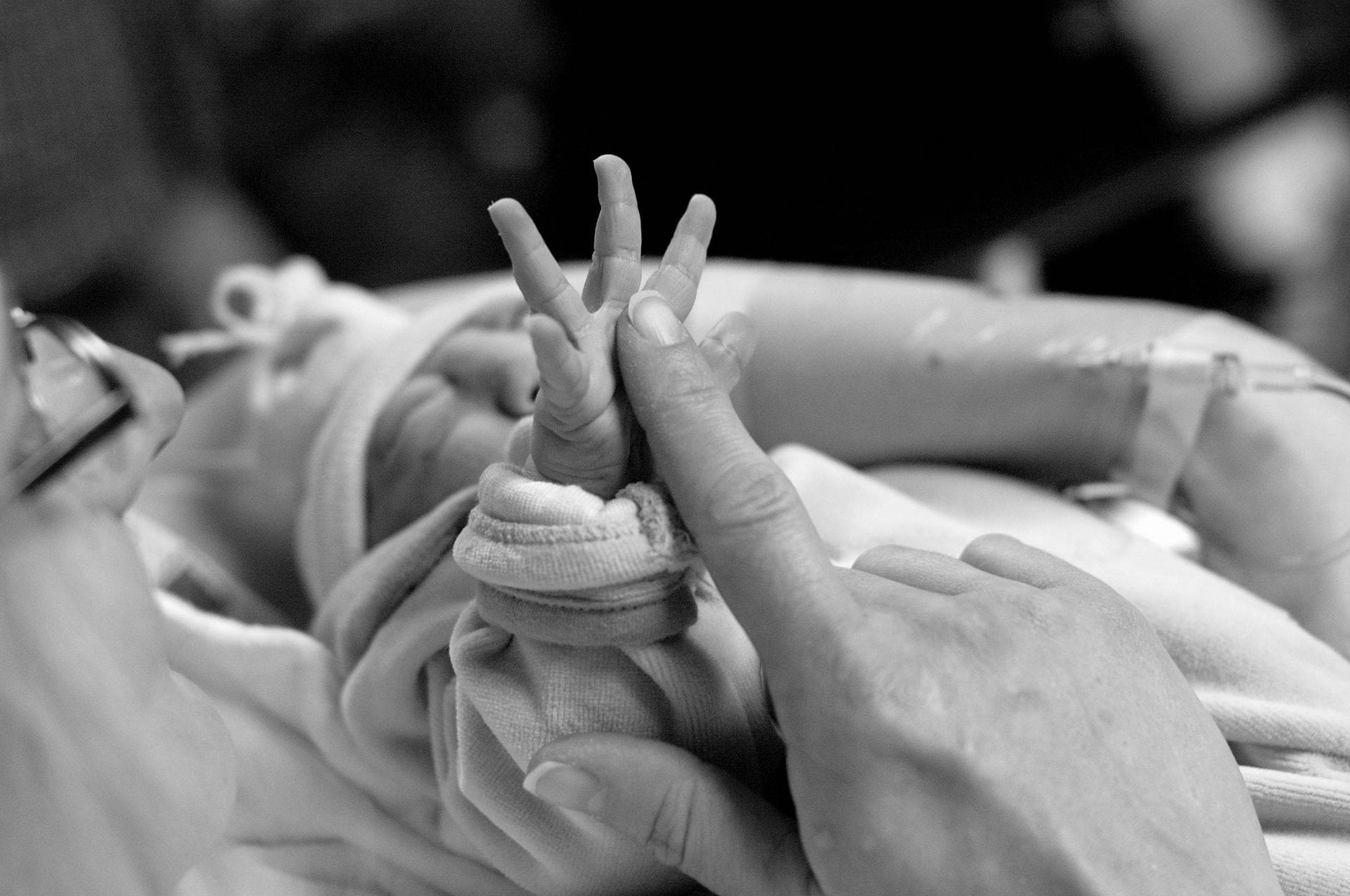Illinois Gov. Pat Quinn’s administration wants to double down on long-acting birth control methods for the poor in an effort to save taxpayer money on unplanned pregnancies, a strategy that is raising concern among Catholic health care systems.
Officials with the Illinois Medicaid program plan to increase payments to doctors and clinics for methods such as intrauterine devices, using an approach advocates say could save millions of dollars.
“We could really show some very dramatic results, including cost savings results,” said Illinois Department of Healthcare and Family Services Director Julie Hamos. The department wants comments on an 11-point plan by Sept. 15.
The plan would require Catholic health systems, which run the only hospitals in some low-income neighborhoods, to tell the state annually how they refer women elsewhere for services they won’t provide.
Members of the Illinois Catholic Health Association worry that will force them out of the Medicaid program, said the group’s executive director Patrick Cacchione. The group represents about 18 percent of the hospitals in Illinois.
Catholic hospitals don’t provide birth control, relying on state law to shield them from violating church beliefs.
But, Cacchione said, that wasn’t enough to stop Illinois from ending contracts with Catholic groups for foster care in 2011 over the practice of referring gay couples to other agencies. The Catholic groups had refused to recognize the state’s civil union law. After dropping a lawsuit, the Catholic groups now are essentially out of the foster care business, he said.
“Will they say you can’t contract with Medicaid (without an adequate referral plan)?” Cacchione asked.
The state will work with “all providers to make sure they have some sort of referral plan so patients can get the contraceptive services they seek,” said department spokeswoman Joanne von Alroth, acknowledging Illinois can’t legally require any provider to refer a patient for birth control elsewhere.
The Illinois plan comes at a time of political controversy over who pays for birth control. In June, the U.S. Supreme Court ruled that the government can’t force companies such as the Hobby Lobby chain of craft stores to pay for birth control as required under President Barack Obama’s health care law. The Hobby Lobby decision doesn’t apply to Medicaid, the state and federal health care program for the poor and disabled.
Medicaid pays for 94 percent of the state’s births to teenage mothers and 54 percent of all the state’s deliveries. About one-third of the state’s 3 million Medicaid recipients are women and girls of childbearing age, between 13 and 49 years old.
The average cost to Medicaid per birth — for prenatal care, delivery and the baby’s first year of life — totaled $18,500 in 2012, the most recent year for which figures were available. Babies with very low birth weights, needing neonatal intensive care, cost even more: an average of about $302,000 per birth.
Preventing unwanted pregnancies could eliminate some of those costs. In Colorado, the teenage birth rate dropped 40 percent from 2009 to 2013 in counties where a similar push was tried, said Greta Klingler of the Colorado Department of Public Health and Environment. The teen abortion rate also fell by a similar amount, Klingler said.
The Illinois Medicaid payment system has discouraged doctors from offering the most effective forms of birth control, said Dr. Melissa Gilliam, chief of family planning and contraceptive research at University of Chicago Medicine. She’s been working with state officials to change the policy.
For instance, IUDs cost doctors’ offices $300 to $800 each to keep in stock. Clinics must pay the upfront cost of the devices and absorb the loss of denied or delayed Medicaid claims, Gilliam said.
Under the new plan, the state would double the reimbursement rate for inserting IUDs and performing vasectomies. Doctors would be able to charge for two services on the same day when a woman’s medical appointment included a procedure to insert an IUD.
As a researcher, Gilliam has studied the complicated lives of teenage mothers. As a doctor, she has delivered babies for many teenagers who already have other children at home.
“Access to contraceptive methods, particularly for women who receive Medicaid, has been irregular,” said Gilliam, who has no financial ties to the manufacturers of contraceptives. “For some providers, (the state’s plan) will make a very big difference and it will be a very welcome change.”
___
Online:
Illinois Family Planning Action Plan:
http://www2.illinois.gov/hfs/FamilyPlanning/Pages/IllinoisFamilyPlanningActionPlan.aspx

















